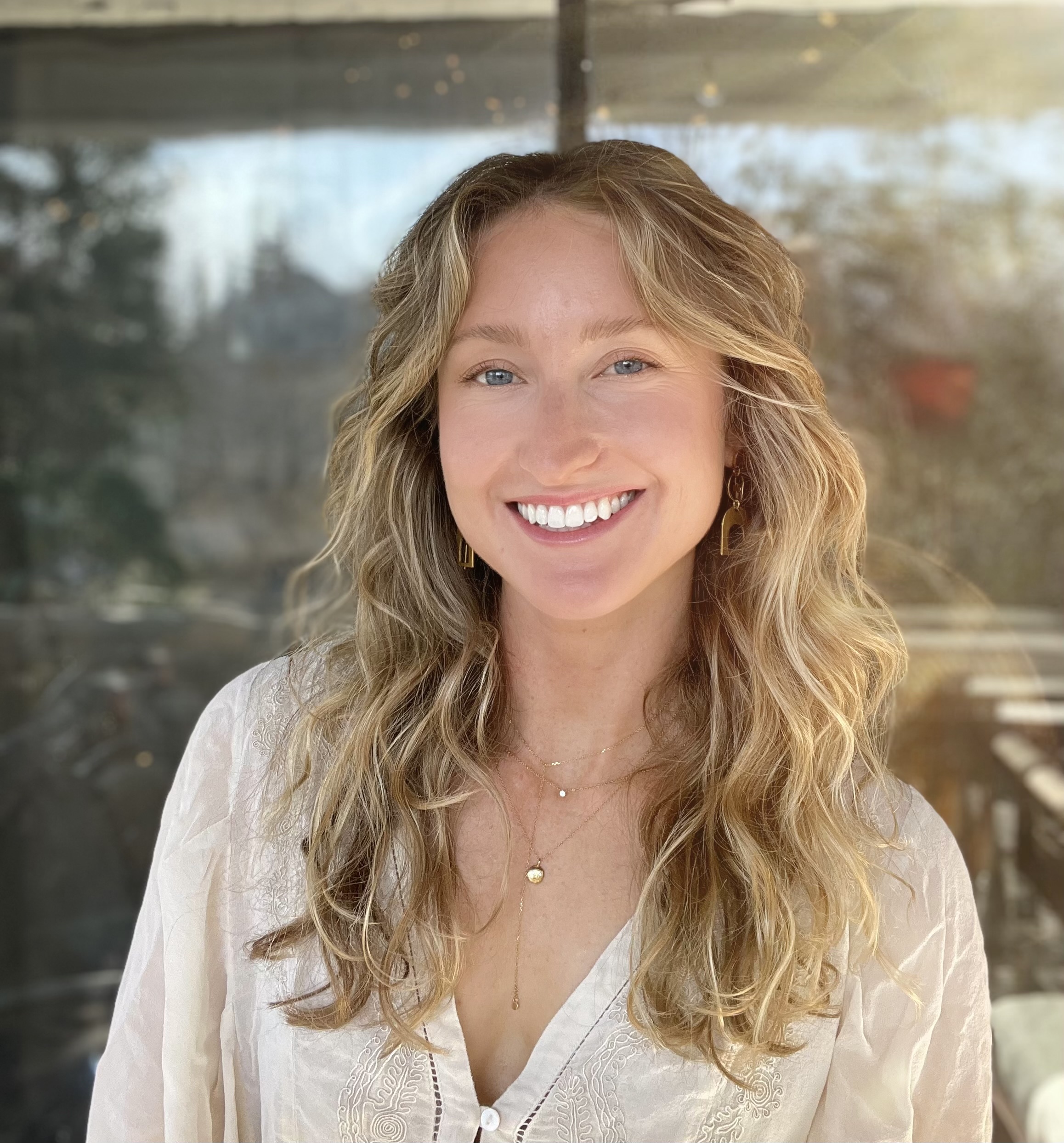
Meriah L. DeJoseph, PhD
I am a NICHD F32 Postdoctoral Fellow at Stanford’s Center on Early Childhood, where I study how children navigate the complexities of growing up in poverty. My research examines both the challenges children face and the adaptive strengths they develop in response, particularly focusing on self-regulation and cognitive skills. Drawing from my own experiences growing up below the poverty line, I am committed to conducting science that fully reflects the lived realities of families experiencing economic disadvantage.
My work integrates developmental and cognitive science with advanced methods like computational modeling, psychometrics, and Bayesian and causal inference. This allows me to move beyond traditional deficit-focused narratives and explore the diverse ways children adapt cognitively, behaviorally, and physiologically to their environments. Ultimately, my goal is to generate actionable insights that inform equitable policies and programs, supporting children’s existing strengths while addressing structural barriers. In doing so, my research contributes to broader efforts within the CERA network to advance strength-based approaches to understanding childhood adversity.
Prior to coming to Stanford, I received my PhD in developmental psychology at University of Minnesota, my MA in psychology at Columbia University, and my BS in cognitive neuroscience at University of California, San Diego.
Currently on the job market.